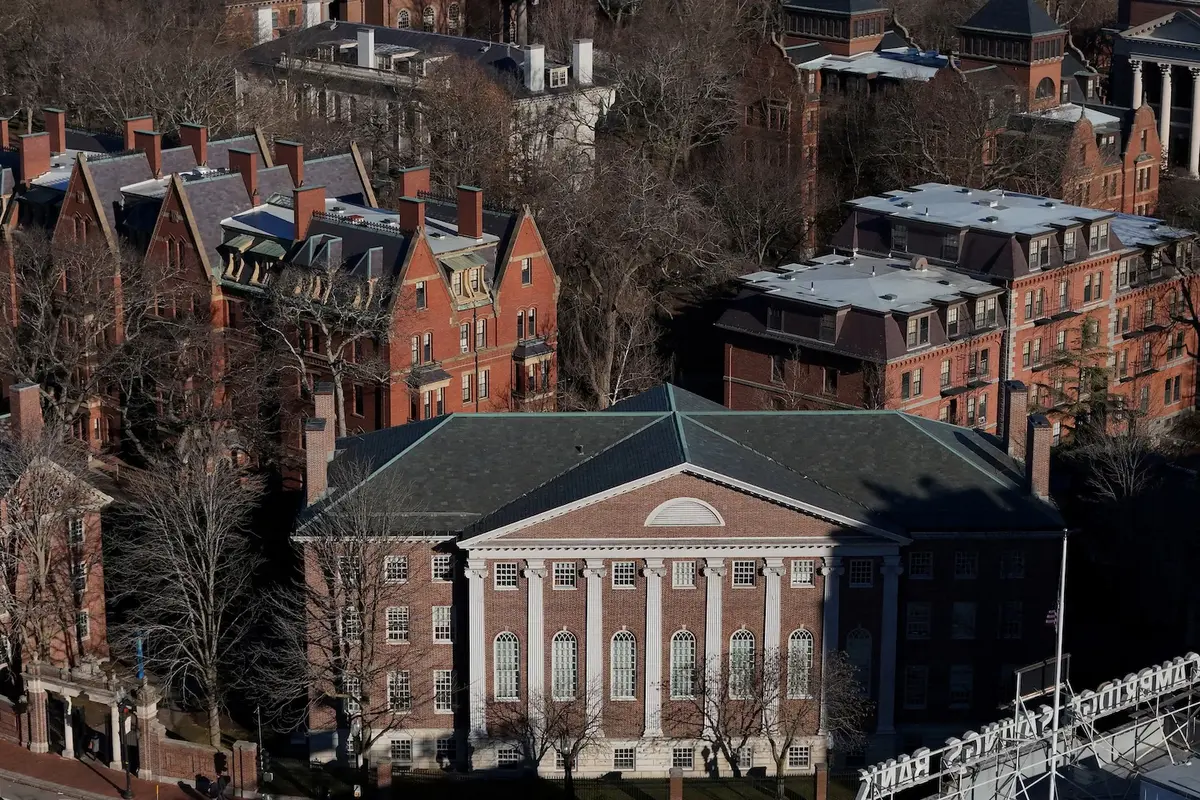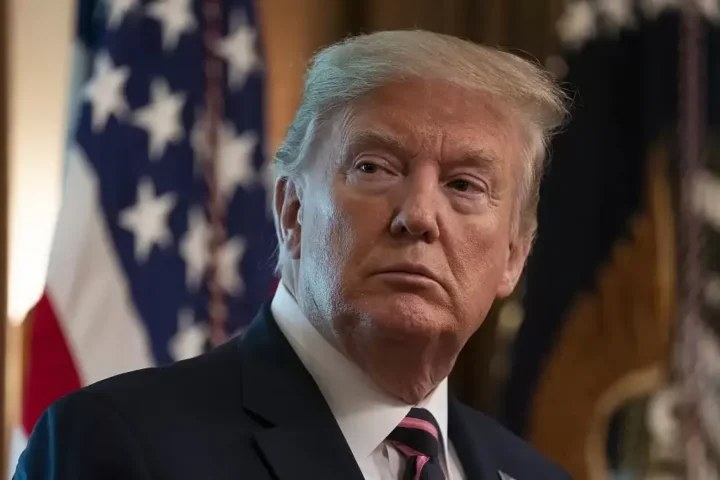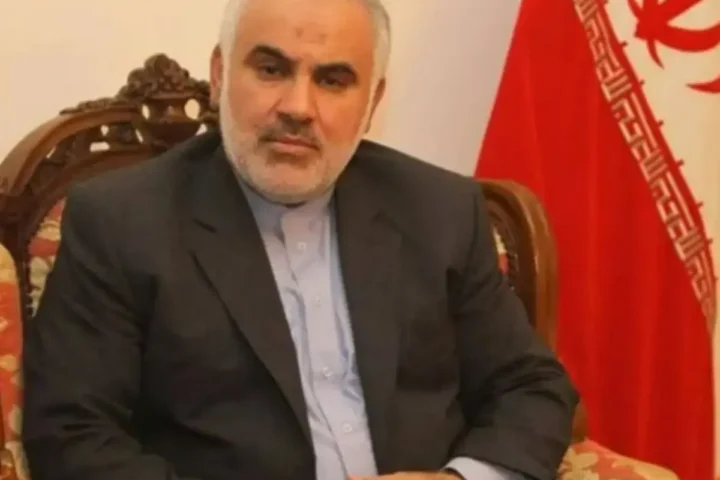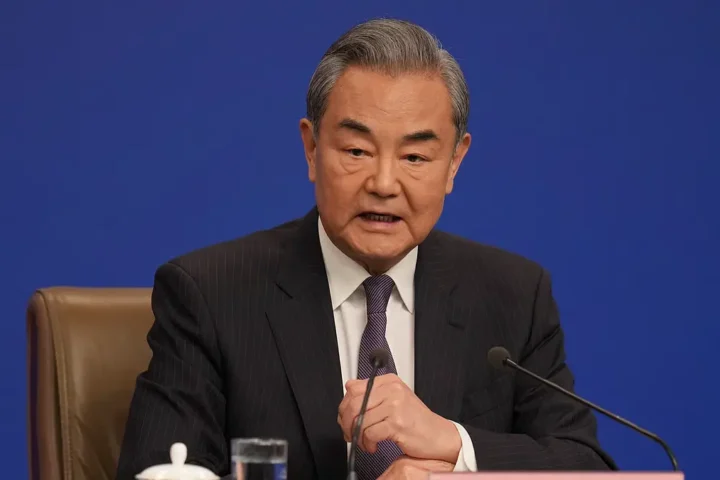The Trump administration has frozen $2.2 billion in federal grants and $60 million in contracts allocated to Harvard University, accusing the institution of failing to address rising anti-Semitism and resisting federal efforts to reform its campus policies.
This decision, announced by the U.S. Department of Health and Human Services, comes amid growing tensions between the government and leading academic institutions over freedom of expression, student activism, and diversity programs.
Why Did the Trump Administration Freeze Harvard’s Funds?
The funding freeze was prompted by Harvard’s rejection of an extensive list of demands issued by the Trump administration’s Joint Task Force to Combat Anti-Semitism. The government claims Harvard has failed to act decisively against antisemitic incidents linked to campus protests and accused the university of fostering a “culture of entitlement” and non-compliance with civil rights laws.
The letter sent by the administration outlines several demands for reform, including:
- Governance and Leadership Reforms
- Merit-Based Admissions and Hiring
- Elimination of DEI (Diversity, Equity, and Inclusion) Programs
- Audit of Diversity-Related Views Among Students and Faculty
- Ban on Face Masks During Protests
- Strict Student Discipline Policies for Protest Violations
- Regulations on Student Clubs Engaging in Political or Illegal Activities
The administration also insisted that Harvard implement transparent whistleblower protections and mechanisms to monitor and report violations of civil discourse on campus.
Harvard, however, has rejected these terms, stating that while it supports efforts to combat anti-Semitism, the government’s proposed reforms violate the university’s independence and constitutional rights.
“Many of these demands go beyond addressing antisemitism and directly interfere with the intellectual and operational autonomy of the institution,” said Harvard President Alan Garber in a statement.
Interesting Read
How the Standoff Could Reshape Higher Education
The freeze of $2.2 billion in grants, which includes long-term research and educational funding, signals an unprecedented level of federal pressure on a private academic institution. Experts warn that this could set a precedent for how the U.S. government enforces ideological and political compliance on campuses in the future.
While students continue to protest on Harvard’s campus in support of academic freedom, the administration’s hardline response is seen by critics as a broader attempt to reshape higher education policies—especially those related to diversity, inclusion, and activism.
The Trump administration maintains that public funds must be used responsibly and that institutions must be held accountable when federal standards on civil rights and public conduct are not met.
As the confrontation escalates, the outcome could have lasting implications—not only for Harvard—but for universities across the country navigating the balance between federal oversight and academic freedom.







